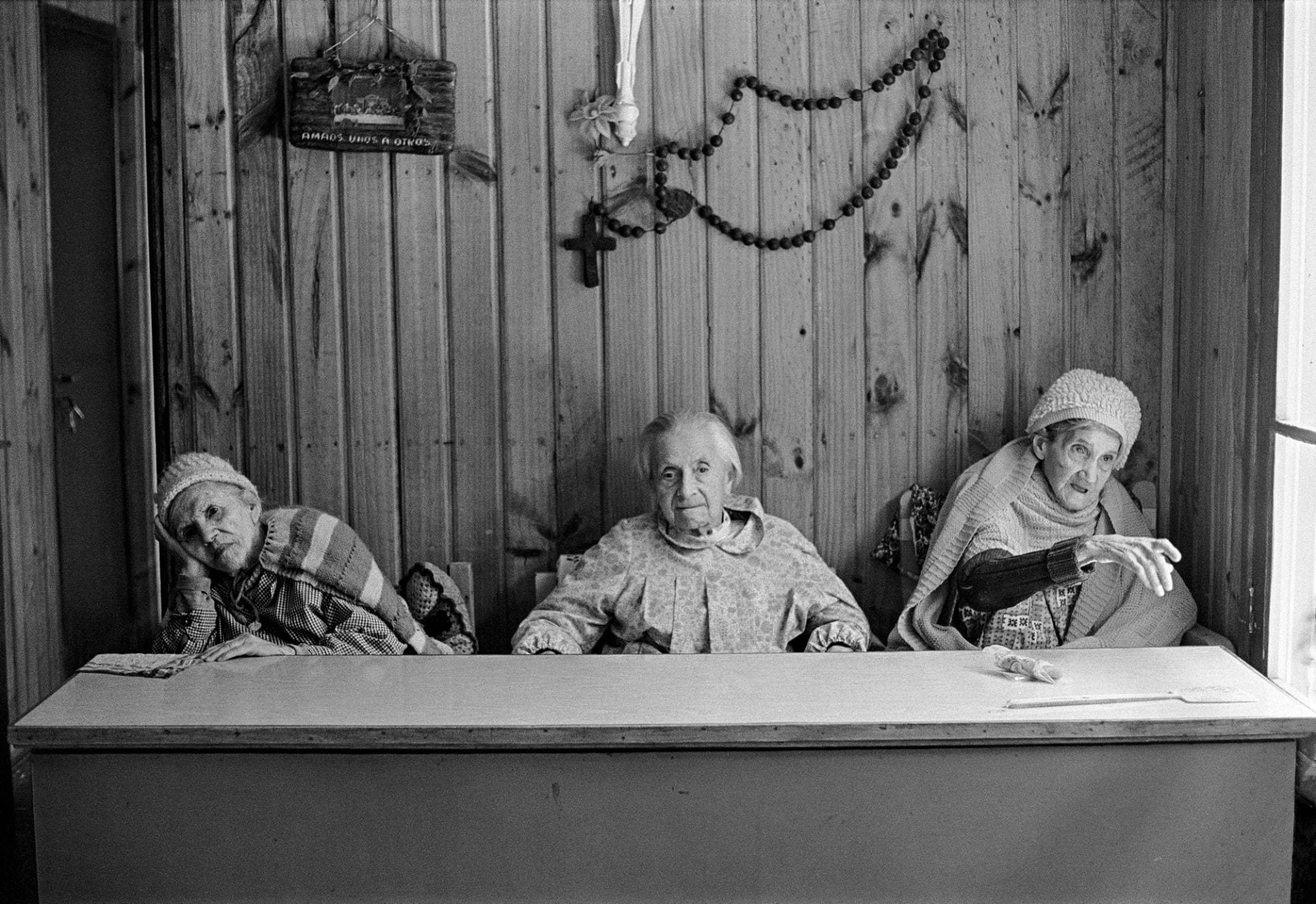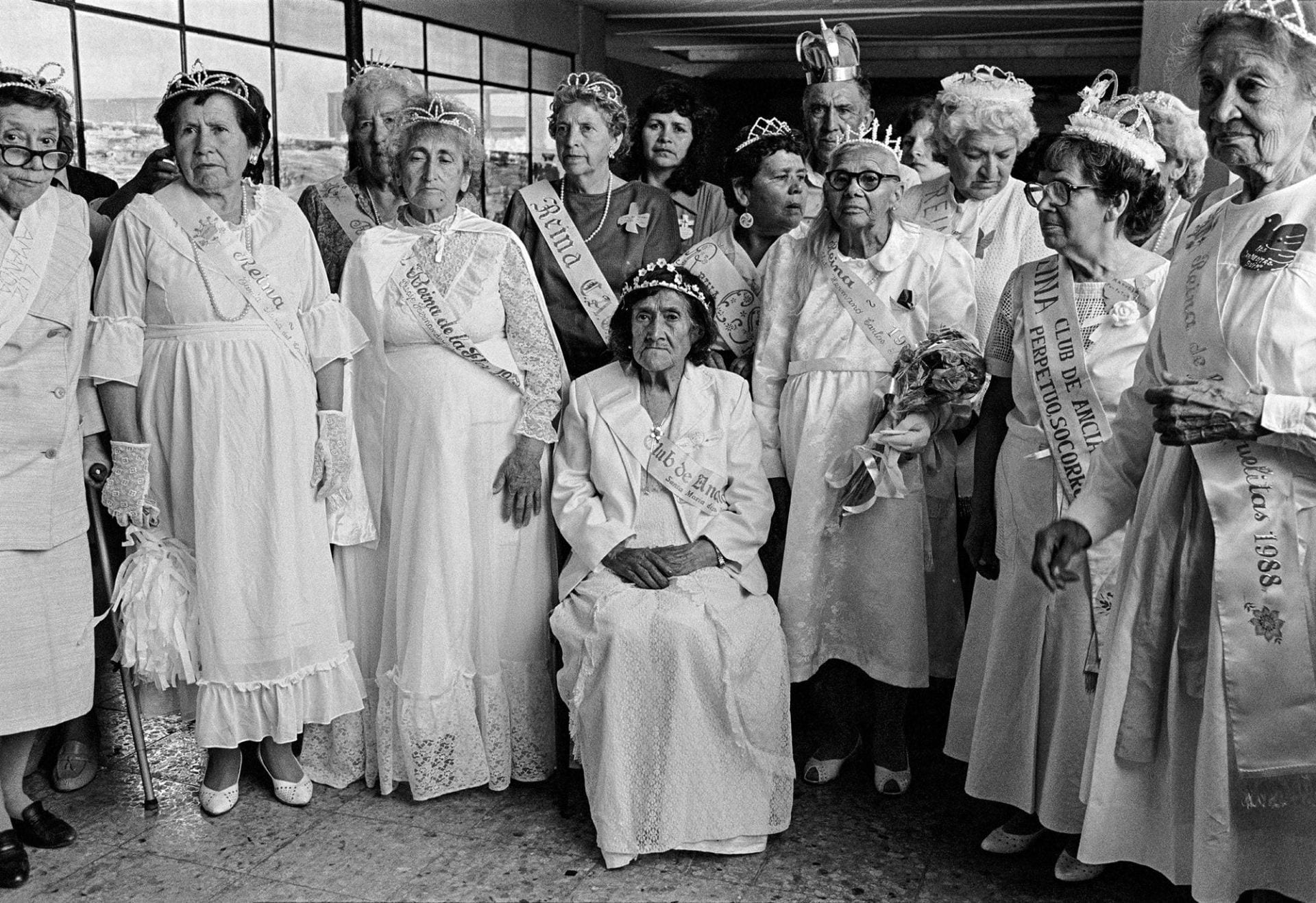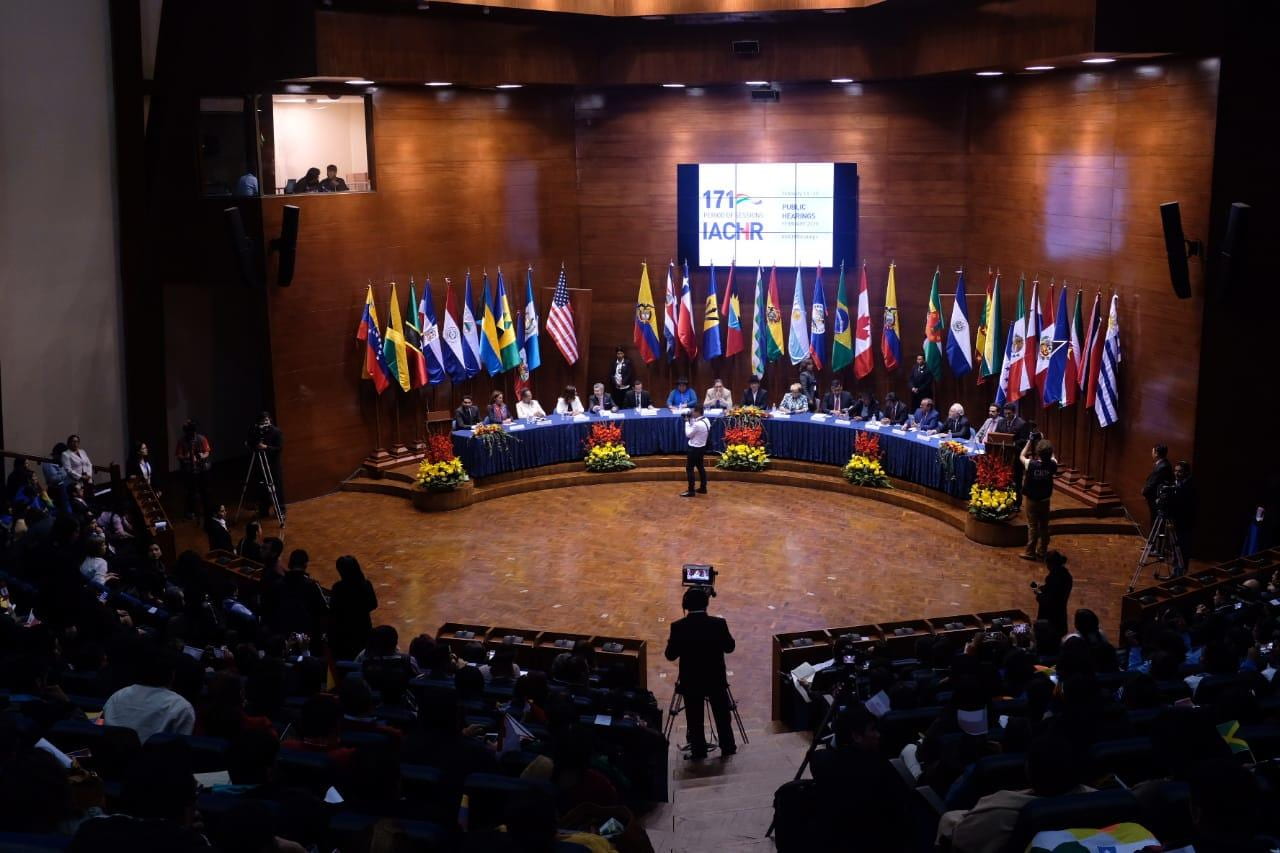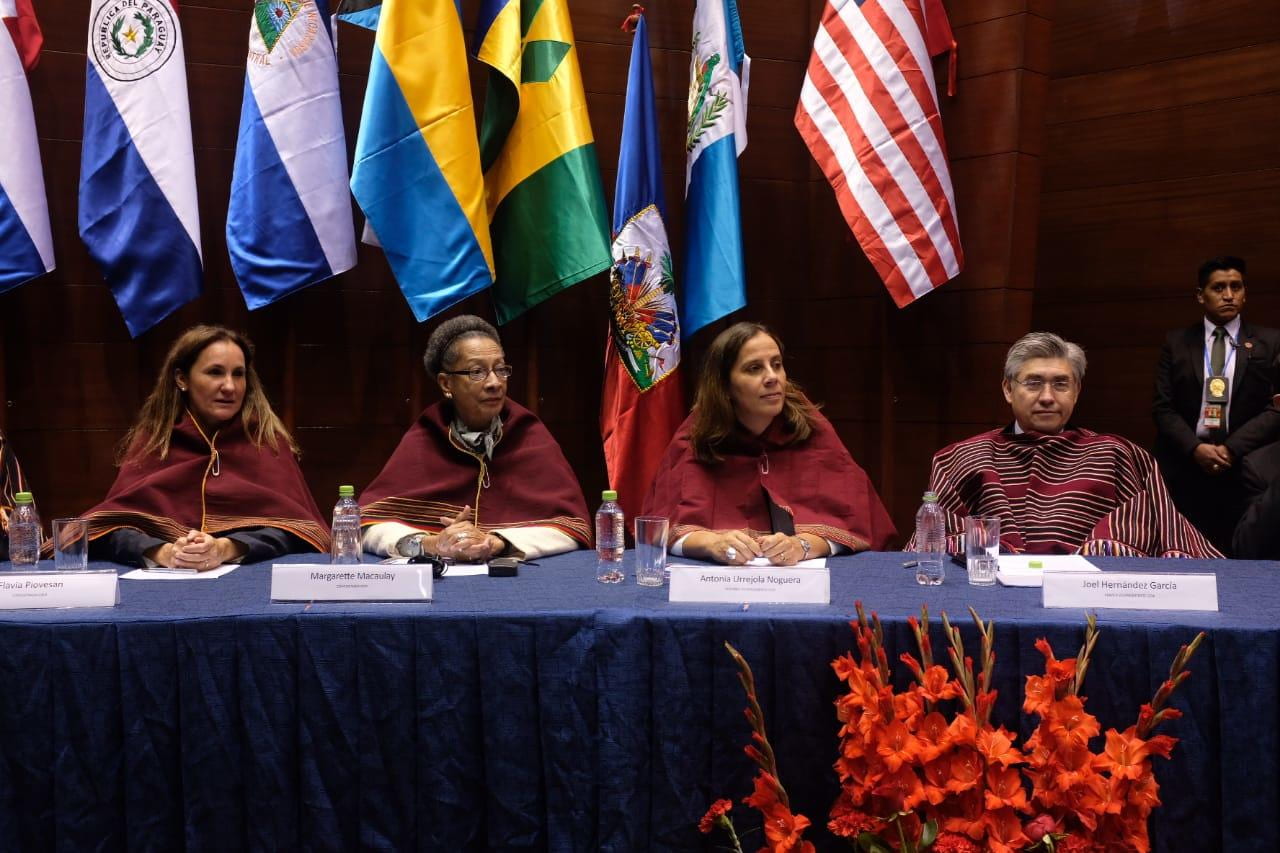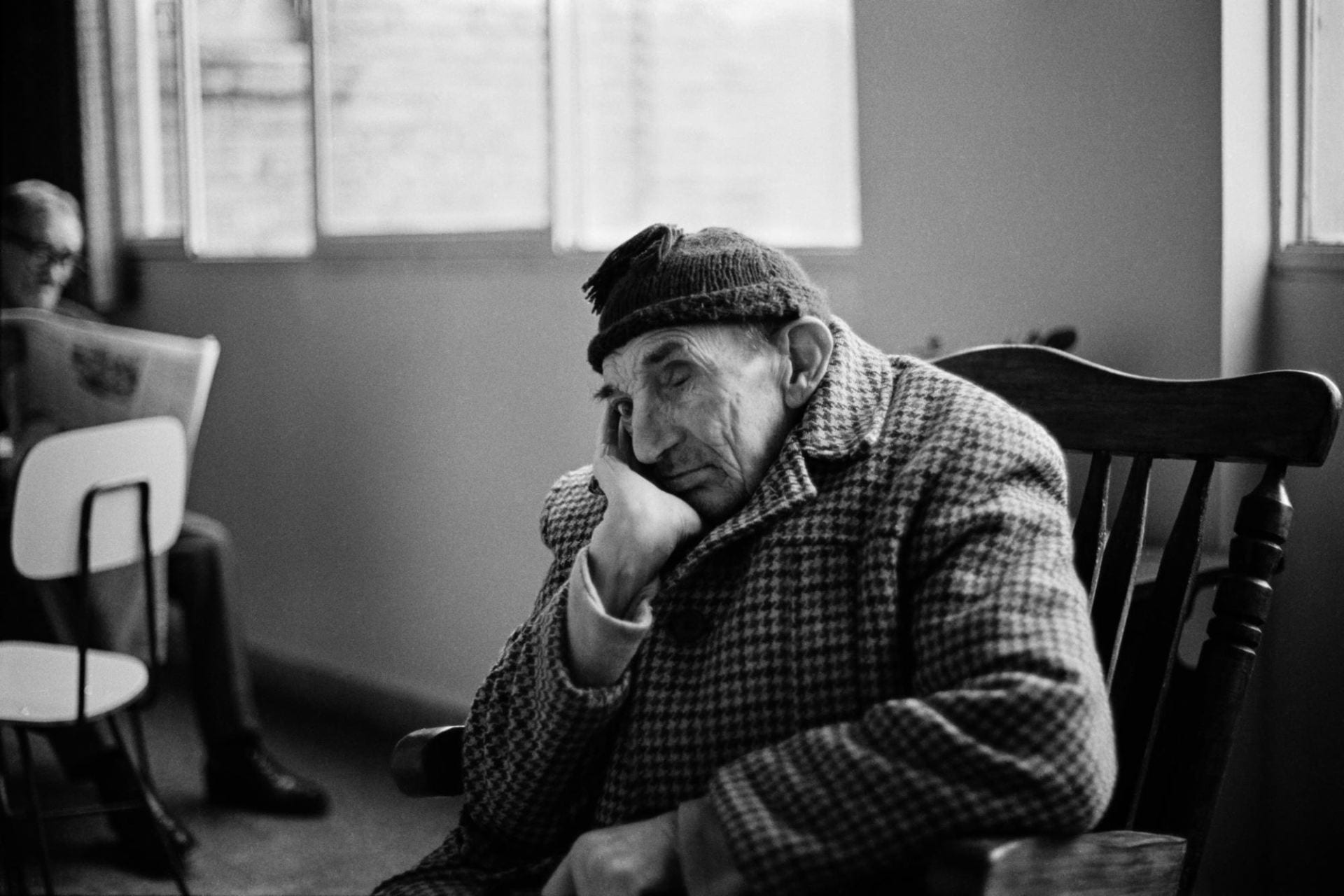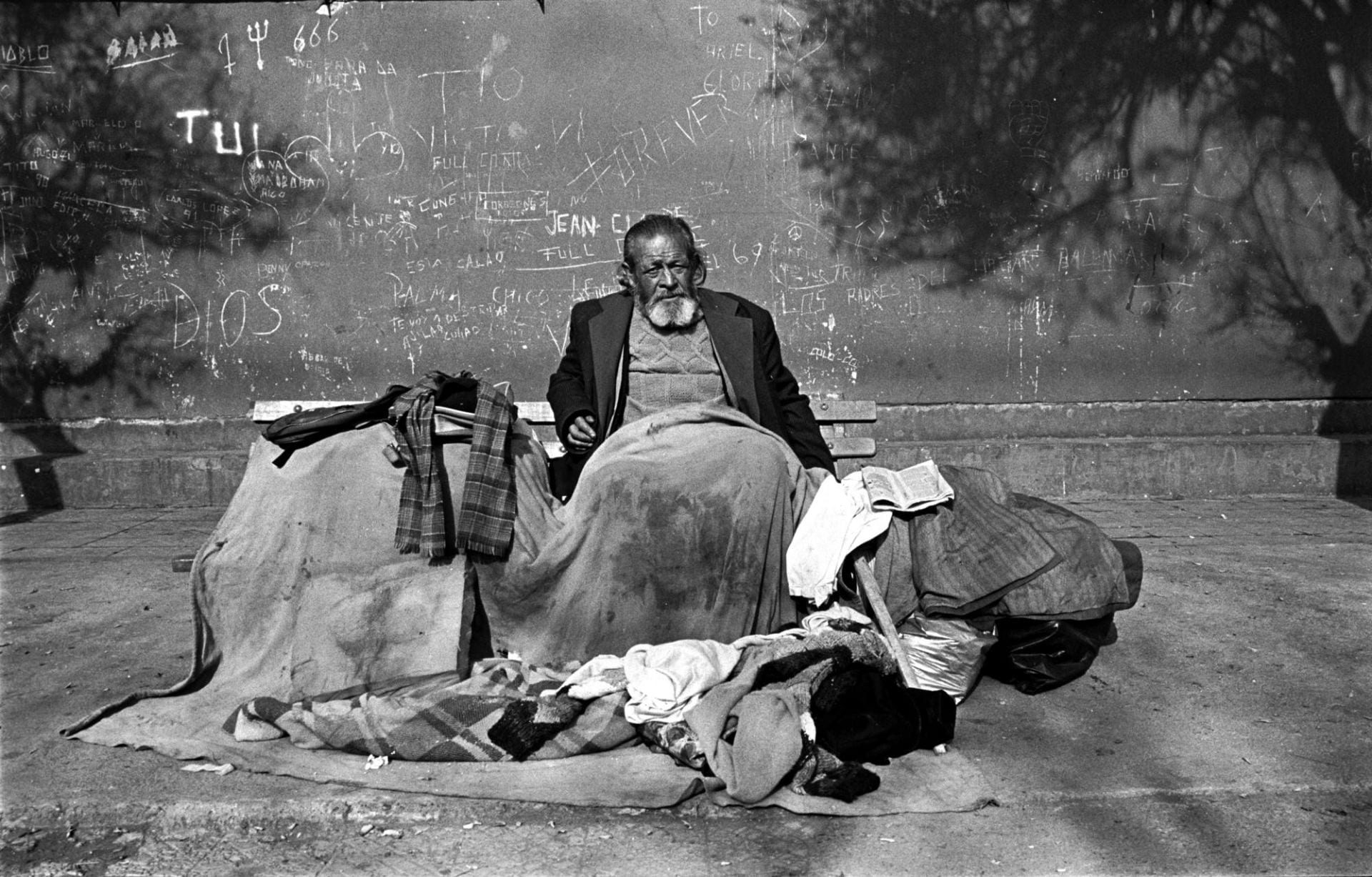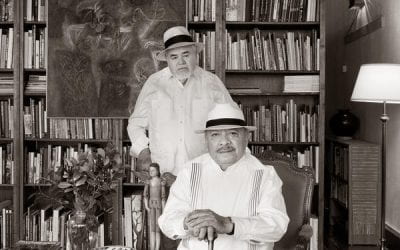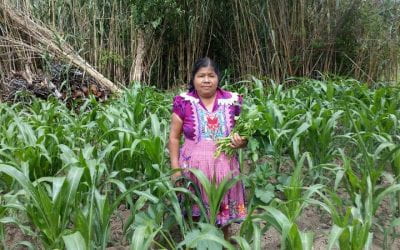Protection of the Rights of the Elderly
The Impact of the Inter-American System
I arrived in Bogotá in February 2018, not quite knowing what to expect. I’d recently been elected to the Inter-American Commission on Human Rights, and this was my first period of working sessions. Towards the end of our working session in Colombia (167th session), the Inter-American Court of Human Rights pronounced its first sentence guaranteeing the rights of the elderly. In a decision handed down on March 8, 2018, in the Poblete Vilches y Otros case against the State of Chile, the Inter-American Court consolidated relevant inter-American standards regarding the right of the elderly to healthcare, with emphasis on the right to informed consent. For the Court, it is essential to give visibility to the elderly as subjects of rights that deserve special protection, and the state must respect, protect, and implement these rights
This decision stirred memories of the vigor, commitment and courage of the elderly women,members of civil society organizations who were demanding justice, rights, respect, dignity andprotection of the rights of the elderly in Mexico. During the public hearing before the State of Mexico, their voices, full of so much indignation, resilience, and hope, represented, for me, the greatest source of inspiration to develop the recently created Unit on the Rights of the Elderly, which I have the honor and challenge of leading within the Inter-American Commission on Human Rights.
It is not only in war-torn states or societies in conflict that the Commission plays a role. In a changing society in Latin America and the Caribbean, in which the percentage of people over 60 years old is expected to double between 2010 and 2050, the Commission plays an important role in upholding the Inter-American Convention on the Protection of the Human Rights of Older Persons. This Convention is the first and only international treaty on the subject, adopting all necessary measures involving normative frameworks and public policies adequate for the protection of the rights of the elderly.
As a mediator, the Commission encourages an open, direct, transparent, and constructive dialogue between civil society organizations and state agents, based on active listening, to ensure the protection of human rights by complying with the inter-American standards, in accordance with the mandate of defense and protection of rights enshrined in the American Convention on Human Rights.
In Mexico, the elderly women spoke loud and clear, making a powerful appeal for the State of Mexico to ratify the Inter-American Convention on the Protection of the Human Rights of Older Persons. To date, six countries have ratified the Convention: Argentina, Bolivia, Chile, Costa Rica, El Salvador, and Uruguay. Now with the Unit on the Rights of the Elderly, I and my team will take theConvention as its major framework of action, together with the “Inter-American corpus juris“ and the development of Inter-American standards on the obligations of states to ensure the right to equality and non-discrimination, as well as the right to a life free from violence. We will also disseminating the Inter-American Convention, encouraging its ratification and full implementation by the states in the region as one of the priorities of this new unit.
During the October 2018 169th session of the Inter-American Commision, civil society organizations that work to protect the rights of the elderly also vehemently demanded the ratification of this Convention. A public audience against the State of Venezuela held during this session held at the University of California, took up the issue of serious violations of the right to healthcare, work, and social security of the elderly in the country.
I believe that focusing on the process of aging from a human rights approach is the greatest innovation of the Inter-American Convention on Protecting the Human Rights of Older Persons,adopted by the OAS on June 15, 2015. Views concerning aging are shifting from the traditional perspective of aging as a passive action in which the elderly are seen only as the beneficiaries of pension plans. Now there is an increased sense of aging as a process of active participation in the community which sees the elderly as agents in its development, consequently strengthening their right to autonomy, independence, and protagonism. This paradigm shift demands cultural transformations to foster new attitudes, policies and practices. It also requires the incorporation of a gender perspective into all policies and programs aimed at realizing the rights of the elderly, with a focus on combating all forms of discrimination and violence against the elderly in all spheres.
For the Convention, the elderly person is someone 60 years or older, unless domestic legislation determines a lower or higher base age, never exceeding 65 years. It defines aging as a “gradual process that develops throughout life and involves biological, physiological, psychosocial, and functional changes of various consequences, associated through dynamic and permanent interactions between the subject and his environment.” Aging is seen as a process marked by a myriad of changes and consequences, always stemming from the interaction between the individual and his or her environment.
Among the principles embodied within the Convention, the following ones stand out: the principle of dignity, independence, protagonism, and autonomy of the elderly; equality and non-discrimination; participation, integration and full and effective inclusion in society; well-being and care; self-realization; equity and gender equality; solidarity; preferential attention; respect for and appreciation of cultural diversity, and effective judicial protection.
- Flavia Piovesan and her colleagues at the IACHR sessions. Photos courtesy of Flavia Piovesan.
Member states must adopt measures to prevent, sanction and eradicate the violation of the rights of the elderly. They must also adopt and implement affirmative measures to carry out the rights set forth in the Convention. It is also the duty of member States to adopt and strengthen legislative, administrative, judicial, budgetary and other measures in order to ensure differential and preferential treatment of the elderly in all areas. as well as the creation and promotion of public institutions specialized in the protection and promotion of the rights of the elderly and their integral development. In addition, member States should promote the broader participation of civil society, especially the participation of the elderly, in the design, implementation, and control of public policies and legislation to be adopted in order to implement the Convention.
As for the protected rights, the Convention establishes the right to equality and non-discrimination on the grounds of age; the right to life and dignity; the right to independence and autonomy; the right to participation and community integration; the right to safety and a life free from violence; the right not to be subjected to torture; the right to free and informed consent in the realm of healthcare; the right to caregiving services; the right to personal liberty; the right to privacy and intimacy; the right to social security; the right to work; the right to physical and mental health; the right to education; the right to culture; the right to accessibility and to personal mobility; among others. Emphasis is placed on the right to independence and autonomy, protected under the Inter-American Convention, which establishes the right of the elderly to make decisions about their life project in order to develop an autonomous and independent life in equal condition, according to their traditions and beliefs, and to have mechanisms in place to be able to exercise their rights.
The Inter-American Convention also determines that every elderly person has the inalienable right to express his free and informed consent in the realm of healthcare, and denial of this right is a violation of the human rights of the elderly. Thus, the member State must guarantee the right of all elderly individuals to express their informed consent in a previous, voluntary, free and explicit way, as well as to exercise the right to modify or revoke that consent, in relation to any decision, treatment, intervention or research concerning healthcare.
The Convention innovates by including a definition of palliative care, that includes providing active, comprehensive and interdisciplinary care for patients whose illness does not respond to curative treatment or patients who suffer from preventable pain. In order to improve their quality of life until passing, special attentions is paid to pain control, as well as the social, psychological and spiritual problems of the elderly, in an effort to comfort the patient, his or her surroundings and his or her family, considering death as a natural process that should not be accelerated nor delayed.
I see the Inter-American Convention as an essential instrument that establishes minimum regional standards for the protection of the rights of the elderly, with strong potential to encourage States to adopt new public policies and legislative frameworks. This is true especially in light of new paradigms capable of understanding aging within the human rights framework, providing an environment of equality, without discrimination, prejudices, stigmatizations and stereotypes, that may hinder the full exercise of these rights. It is the duty of States to foster a new culture that incorporates the “human rights approach“ to aging, from the reinvention of institutional practices to the establishment of public policies and normative frameworks.
Gradually, the protection of the rights of the elderly in the inter-American system are being strengthened due to measures such as ensuring greater visibility of the issue in public hearings; the important innovations of the Inter-American Convention on Protecting the Human Rights of Older Persons; the relevant recommendations and decisions adopted by the Inter-American Commission and Court in the system of petitions and cases involving violations of the rights of the elderly, and also due to a newly created institution, the Unit on the Rights of the Elderly. At our next working session (170th session) in December, at the OAS headquarters in Washington, special emphasis will be placed on the protection of the rights of the elderly, in a public hearing requested by various civil society organizations on the diagnosis of the protection of the rights of the elderly in the region and its major challenges and prospects, considering the Inter-American Convention on Protecting the Human Rights of Older Persons and follow-up mechanisms.
Population aging is one of the most significant demographic changes of the 21st century, as well as a triumph of development, as the United Nations Population Fund (UNFPA) states in “Aging in the 21st Century: Celebration and Challenge.” According to this Report, life expectancy at birth is now higher than 80 years in 33 countries – just five years ago, only 19 of them had reached this level. Today, only Japan has an elderly population of over 30%, but by 2050, there will be 64 countries in which the elderly population will make up more than 30% of the total. For the first time in history, there will be fewer children than older people in the world. There are about 700 million people in the world over 60 years old (corresponding to approximately 10% of the world’s population) – by the end of the decade that number will reach 1 billion. It is estimated that in 2050 the overall percentage of elderly individuals will comprise 20% of the world’s population, or approximately 2 billion people. Although all regions show this population growth, two-thirds of the world’s elderly live in developing countries, and this number may reach 80% by 2050. It is estimated that in Latin America and the Caribbean, the proportion of people over 60 years old will more than double between 2010 and 2050, from 10% to 25%, reaching 188 million people in our region, according to the Report of the United Nations High Commissioner for Human Rights (E/2012/51).
Despite this demographic trend, the challenge of advancing the protection of the human rights of the elderly in international and national norms and policies still stands.
In this context, the greatest contribution of the Inter-American system to the defense and protection of the rights of the elderly is to spread its transformative impact in the region, strengthening the emergence of a new emancipatory paradigm that takes into account aging from a human rights approach (active, safe and healthy aging), with continued emphasis on the incorporation of a gender perspective, thereby ensuring dignity, independence, protagonism, autonomy and full inclusion for the elderly.
Winter 2019, Volume XVIII, Number 2
Flávia Piovesan is a member of the Inter-American Commission on Human Rights, Professor of Law at the Pontifical Catholic University of São Paulo and 2018 Lemann Visiting Scholar at the David Rockefeller Center for Latin American Studies.
Related Articles
Video Interview with Flavia Piovesan
Flavia Piovesan is a member of the Inter-American Commission on Human Rights, Professor of Law at the Pontifical Catholic University of São Paulo and 2018 Lemann Visiting Scholar at the…
Aging: Editor’s Letter
There is no smell of pungent printers ink permeating my office. My interns—Sylvie, Isaac and Marc—are not scrambling to find FedEx boxes to send out ReVista issues to authors and photographers all over the world. I cannot feel the silken touch of the printed page…
A Story of Agricultural Change
Francisca Hernández García, 92, lives in San Miguel del Valle, a town of around 3,000 inhabitants in the Central Valleys of Oaxaca, an hour east of the capital city. She is one of the few remaining…


